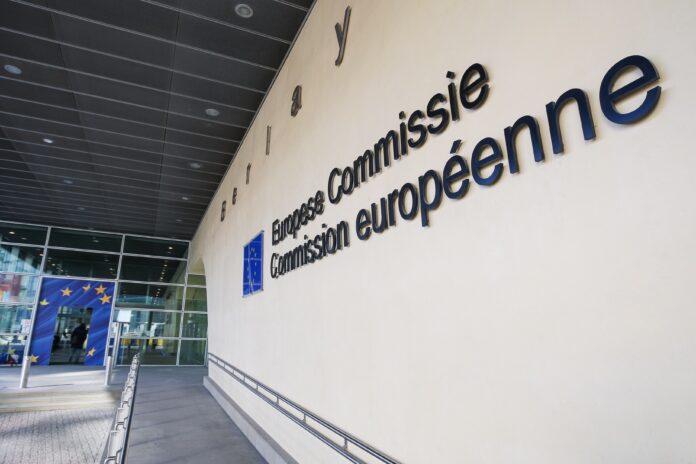There will be 68 projects and 56 companies involved, including Ericsson, Nokia and Orange
The European Commission (EC) is to put €8.1 billion into R&D for communications and microelectronics, spread across 14 countries. Ericsson, Nokia and Orange are expected to be involved in the projects.
The funding comes under the long-winded official title of Important Project of Common European Interest microelectronics/communication technologies (IPCEI ME/CT). The idea is to invest in projects from research to initial industrial implementations, including the design of chips and their manufacture.
It is the sixth IPCEI approved under European Union (EU) rules, which define how several member states can collaborate on funding transitional projects in areas deemed crucial to the bloc.
The EC anticipates an additional €13.7 billion will be added to its €8.1 billion contribution from private investment across the 68 R&D projects. Some 56 companies will contribute directly: Airbus, Analog Devices, ASML, Bosch, Ericsson, Infineon, Nokia, NXP, Orange, Renault, Rohde & Schwarz and STMicroelectronics.
There are another 30 associated participants, which include Vodafone Spain, plus about 600 indirect participants whose contributions will be through current collaborations with the principal contributors.
Wider ambitions
The EC wants the projects to feed into to other European Union initiatives, such as digital and green transformation, and also European chip manufacturing as the global supply chain has been disrupted by geopolitical tensions.
The IPCEI ME/CT is intended to produce technologies beyond current microelectronics and communications products and solutions. This ranges from developing more sustainable technology, which includes everything from the chips to the manufacturing processes the new tech will enable, and to advance many sectors through progress in 5G/6G, autonomous driving, AI and that old favourite, quantum computing.
The scheme will run until 2032; the EC is cautiously optimistic that its investment could start to bear fruit from 2025.
Finland, France, Germany, Greece, Italy, the Netherlands, Poland and Spain are all funding projects.


